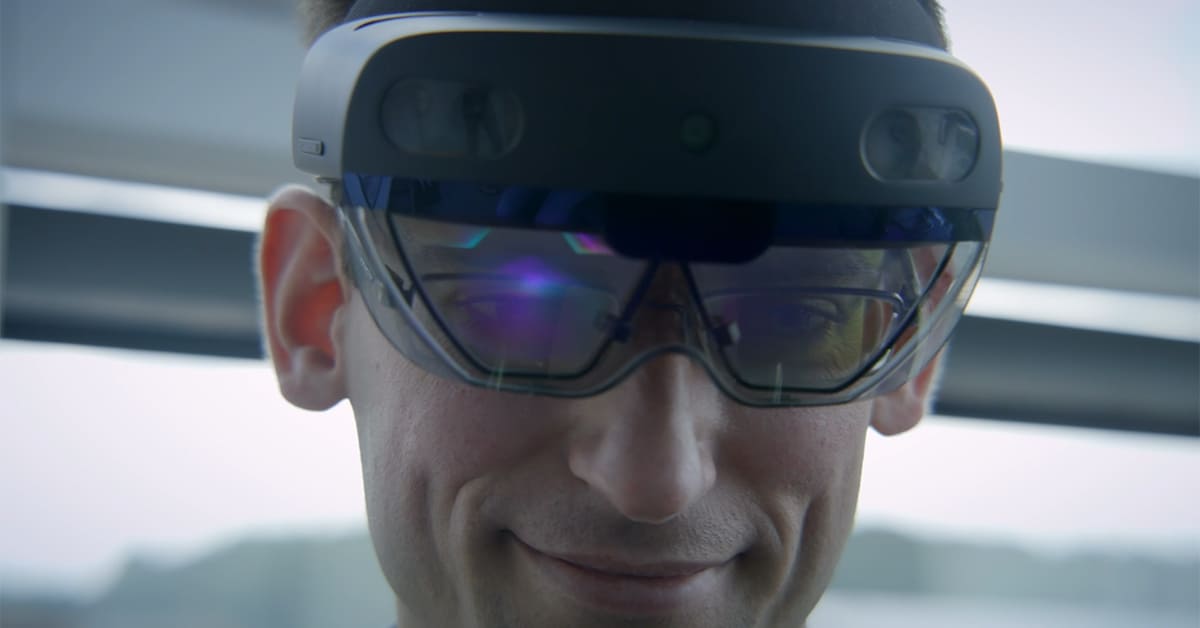;
;
;
Next Article
Rain dance like nobody is watching

At the Tri-Mach Group plant in Elmira, the future is here. A manufacturer of stainless steel industrial material-handling equipment for the likes of the food, beverage and pharmaceutical industries, the company recently launched Tri-Mach Vision, which is a project to incorporate the hardware and sof
Last updated on May 03, 23
Posted on Jul 14, 22
3 min read
